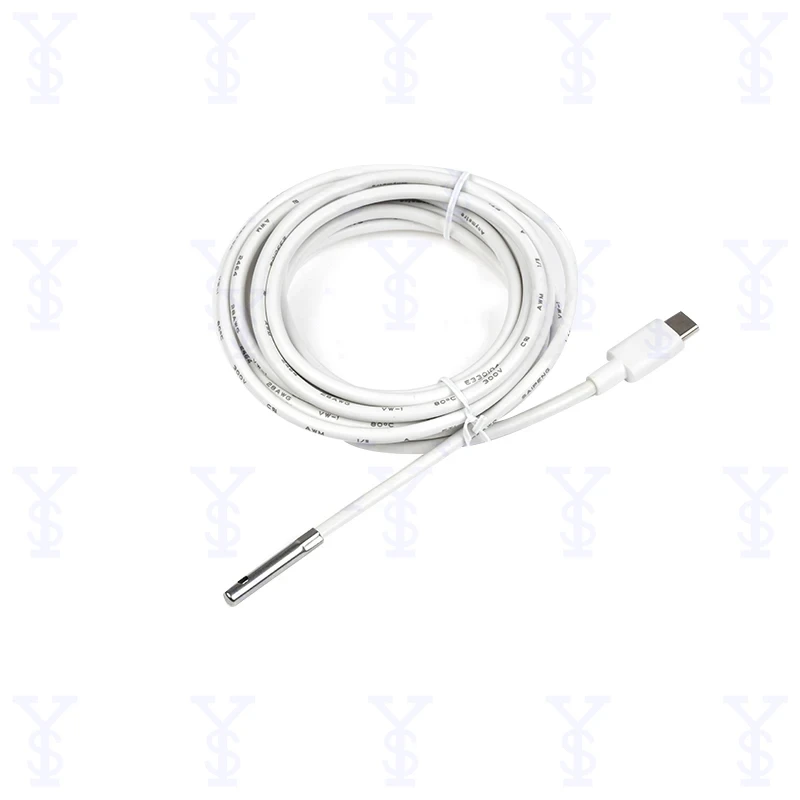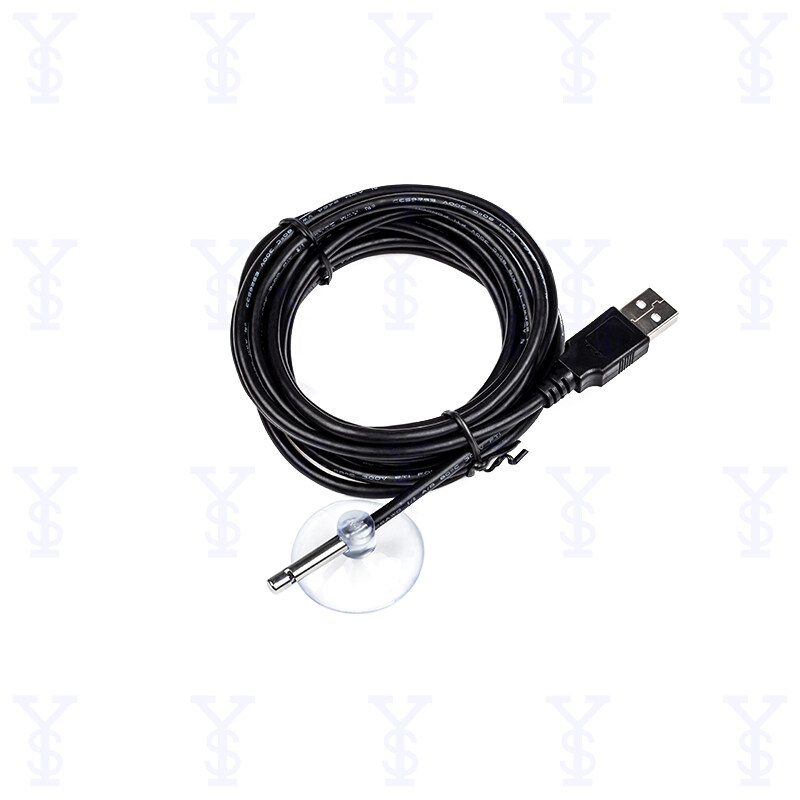ಇಮೇಲ್ ಫಾರ್ಮ್ಯಾಟ್ ದೋಷ
emailCannotEmpty
emailDoesExist
pwdLetterLimtTip
inconsistentPwd
pwdLetterLimtTip
inconsistentPwd


Enhancing Comfort and Safety: The Role of Humidity Sensors in Cars
Modern vehicles are equipped with an array of sensors that enhance comfort, safety, and efficiency. Among these, humidity sensors play a crucial yet often overlooked role. As drivers and passengers seek the best in automotive comfort, understanding how humidity sensors contribute to the driving experience can provide valuable insights. This blog explores what humidity sensors in cars are, how they work, their benefits, and the advancements in automotive humidity sensing technology.
Understanding Humidity Sensors in Cars
What is a Humidity Sensor?
A humidity sensor, also known as a hygrometer, measures the amount of moisture in the air. In cars, these sensors are integrated into the vehicle's climate control system to monitor and manage the interior humidity levels, ensuring a comfortable and safe environment for occupants.
How Do Humidity Sensors Work?
Humidity sensors typically use capacitive or resistive sensing technologies to detect moisture levels. Capacitive sensors measure changes in electrical capacitance caused by moisture in the air, while resistive sensors measure changes in electrical resistance. These sensors then relay data to the car's climate control system, which adjusts the heating, ventilation, and air conditioning (HVAC) settings accordingly.
The Importance of Humidity Sensors in Cars
Enhancing Comfort
Humidity sensors play a vital role in maintaining the optimal comfort of the vehicle's interior. By monitoring and adjusting the humidity levels, these sensors help prevent the air from becoming too dry or too moist, ensuring a pleasant atmosphere for passengers.
Preventing Fogging
One of the critical safety functions of humidity sensors is preventing window fogging. When the interior humidity is too high, it can cause condensation to form on the windows, obstructing the driver's view. Humidity sensors detect this excess moisture and activate the defogging system to clear the windows, enhancing visibility and safety.
Protecting Interior Components
Excessive humidity can damage a car's interior components, such as the upholstery, electronic systems, and dashboard materials. By maintaining balanced humidity levels, sensors help protect these components from moisture-related damage, extending their lifespan and preserving the vehicle's aesthetic and functional integrity.
Benefits of Humidity Sensors in Modern Vehicles
Improved Climate Control Efficiency
Humidity sensors contribute to more efficient climate control systems by providing precise data that allows for better regulation of temperature and moisture levels. This efficiency not only enhances passenger comfort but also reduces the energy consumption of the HVAC system, leading to improved fuel efficiency.
Enhanced Air Quality
Modern humidity sensors are often integrated with other air quality sensors to monitor pollutants, allergens, and other harmful particles. By maintaining optimal humidity levels, these systems can help reduce the proliferation of mold, bacteria, and dust mites, contributing to better air quality inside the vehicle.
Customizable Climate Zones
Advanced climate control systems equipped with humidity sensors can create customizable climate zones within the vehicle. This means that different areas of the car, such as the driver’s seat and the back seats, can have tailored humidity and temperature settings, ensuring personalized comfort for all occupants.
Advances in Automotive Humidity Sensing Technology
Integration with Smart Systems
The latest advancements in automotive technology include the integration of humidity sensors with smart systems. These smart sensors can communicate with other vehicle systems, such as navigation and weather forecasting, to anticipate and adjust to changing environmental conditions.
Improved Sensor Accuracy and Durability
Newer humidity sensors are more accurate and durable, capable of withstanding the harsh conditions inside a vehicle, including temperature fluctuations and vibrations. This improved reliability ensures consistent performance and long-term durability.
Miniaturization and Cost Reduction
Advances in sensor technology have also led to the miniaturization of humidity sensors, allowing them to be seamlessly integrated into various parts of the vehicle without taking up significant space. Additionally, cost reductions in manufacturing these sensors make them more accessible for a wider range of vehicles, including entry-level models.
Conclusion
Humidity sensors are an essential component of modern automotive climate control systems, playing a crucial role in enhancing comfort, safety, and efficiency. By maintaining optimal humidity levels, these sensors prevent window fogging, protect interior components, and improve air quality, contributing to a better driving experience.
As automotive technology continues to evolve, humidity sensors are becoming more sophisticated, integrated, and reliable. Whether you're driving in extreme weather conditions or simply enjoying a comfortable ride, the humble humidity sensor works behind the scenes to ensure your vehicle's interior remains a pleasant and safe environment.
Understanding the role and benefits of humidity sensors can provide a greater appreciation for the advanced technology embedded in modern vehicles. The next time you experience a perfectly balanced climate in your car, remember that a small but powerful humidity sensor is working tirelessly to enhance your journey.

